- Write by:
-
Friday, October 22, 2021 - 13:42:34
-
730 Visit
-
Print
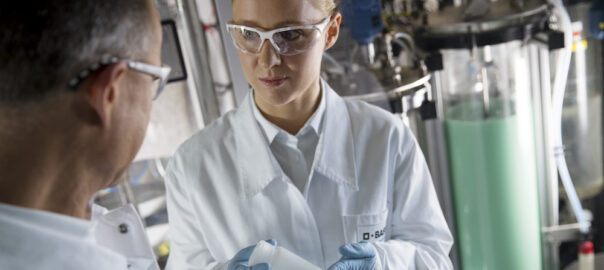
Mining News Pro - The Future Battery Industries Cooperative Research Centre (FBICRC) has signed contracts to design and commission its flagship Cathode Precursor Production pilot plant in Western Australia.
The pilot aims to demonstrate Australia’s capability to produce cost-effective, high-quality nickel, cobalt and manganese for producing precursor cathode active materials (PCAM).
PCAM is a form of advanced chemical manufacturing and is a key material used in lithium-ion batteries to power electric vehicles.
A consortium of leading local, national and international companies, the WA Government, contractors and academic institutions have all signed on for the project to advance the production of advanced battery materials on an industrial scale in Western Australia.
The FBICRC and its partners will make an investment valued at over $18 million, which included $9.2 million cash and $9.2 million in-kind including the repurposing of BHP’s existing nickel sulfate pilot plant, to produce the present generation of cathode chemistries used in electric vehicles (EV) from locally sourced materials.
FBICRC chief executive officer Stedman Ellis said Australia currently exports the main commodities (lithium, nickel, manganese and cobalt) in the form of mineral concentrates with little value added from the manufacturing of lithium-ion battery materials retained in the country.
“The construction and commissioning of refining plants at Kwinana and Kemerton is changing this picture, putting WA on the cusp of being able to meet the supply chain requirements for local manufacture of the nickel-rich NCM (nickel cobalt manganese) used in the booming global electric vehicle market,” Stedman said.
The project involves a consortium of 19 participants including international players such as BASF, BHP and IGO as well as a number of SMEs, four research participants and the Minerals Research Institute of Western Australia on behalf of the WA Government.
The pilot plant will extend the work of several Australian research institutions and companies which can currently produce battery materials in pilot-sized batches.
The pilot plant will produce precursors suitable for material qualification in EV value chains and build on the downstream opportunities created by the battery grade chemical refineries being commissioned or constructed in Western Australia.
Curtin University is leading the first step to cathode precursor production at CSIRO’s Waterford facilities in Perth, with the next step to convert to cathode active materials being led by the Queensland University of Technology in Brisbane, while the University of Technology Sydney will provide expertise on advanced materials development.
“This facility is instrumental to the creation of an Australian battery materials industry, with the capability to continuously produce a broad range of battery cathode chemistries utilising Australia’s nickel, lithium, cobalt, manganese and aluminium resources for qualification, and will serve as the design -basis for industrial scale operation,” Curtin University deputy vice-chancellor (Research) Chris Moran said
Installation and commissioning of the Cathode Precursor Production Pilot Plant is due to take place early next year, followed by an 18-month pilot campaign period.
The FBICRC was established in 2019 through the Australian Government’s Cooperative Research Centre Program.
It brings together partners with a presence across the battery value chain from Australia’s established strength in mining through to processing, manufacture, services and recycling and reuse of batteries.
Short Link:
https://www.miningnews.ir/En/News/616879

Chile’s state-run miner Codelco plans to select a partner for a future lithium project in one of the country’s top salt ...
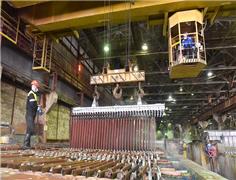
The London Metal Exchange (LME) on Saturday banned from its system Russian metal produced on or after April 13 to comply ...

Chile’s SQM called another investors meeting at the request of its second-largest shareholder, Tianqi Lithium Corp., ...
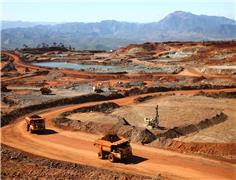
French mining group Eramet said on Wednesday it had reached an agreement with the French government to continue its ...
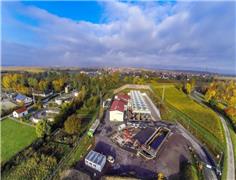
Lithium supplier Vulcan Energy on Wednesday announced the start of production of the first lithium chloride at its ...

A stuttering recovery in lithium prices is providing a fresh reminder of why the dramatic rally of recent years was ...
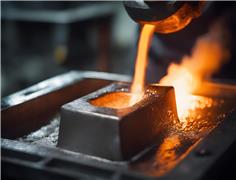
Copper jumped to its highest intraday price since January 2023 as the bellwether industrial metal faces rising tighter ...
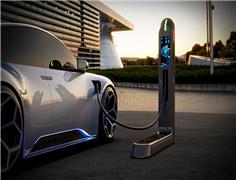
A US and European Union push to reach an accord on fostering critical mineral supply chains is set to miss another ...
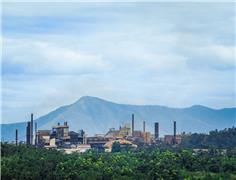
Indonesia’s mining minister on Wednesday said divestment of Vale Canada Ltd and Sumitomo Metal Mining Co. Ltd’s shares ...
No comments have been posted yet ...